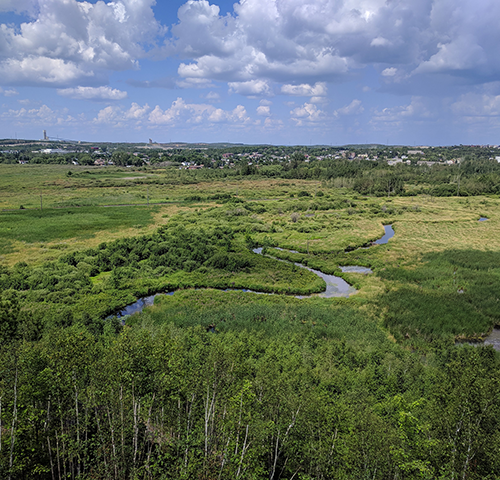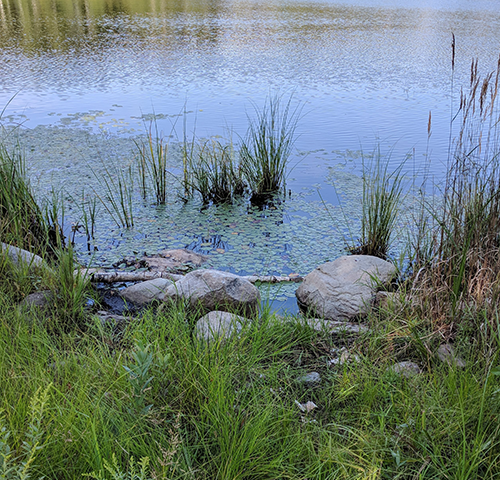NOARC/CÉRNO fosters accessibility for students with learning disabilities and supports them in achieving their post-secondary goals.
About Us

Our History
The Learning Opportunities Task Force (LOTF, 1997 – 2002), formed in 1997, was given the role of selecting pilot projects designed to improve the transition of students with specific learning disabilities from secondary school to postsecondary education. It looked for ways to enhance the services and supports provided to these students to aid them in successfully completing their postsecondary education.
Research data collected from the LOTF pilot projects suggested that over 80% of students with learning disabilities arrived at the postsecondary level with inadequate or non-existent documentation of their learning disability. The data also showed that many students who were “identified” in the elementary or high school systems did not in fact have a disability and therefore did not quality for accommodations at the college or university level.
NOARC/CÉRNO is a legacy of the LOTF, which had as one of its key recommendations the establishment of regional Assessment and Resource Centres mandated to offer comprehensive psycho-educational assessments to students entering the postsecondary system and in need of updated documentation of their disability. The Assessment and Resource Centres would also allow for systematic, multi-disciplinary research into learning disabilities, ways to best assess these conditions, and evaluation of various accommodation and intervention methods.





Challenges in the North
The geographic expanse of northern Ontario and sparse resources presented challenges to providing a consistent level of service to the north’s 11 colleges and universities. NOARC/CÉRNO was therefore formed as a consortium made up of members from all 11 postsecondary schools starting as far south as North Bay and reaching as far north as Timmins with some satellite campuses existing beyond these geographic limits. In this way, information would be disseminated through the consortium structure and resources would be maximized by being housed in one location with extended geographical ‘arms’ that would support the requirements of each institution and the associated satellite campus locations.
Operational Model
Our head office is located at Cambrian College in Sudbury; however, we have a roster of psychological practitioners in various northern communities who work with us to provide service to post-secondary students on their home campus. More than 5,100 post-secondary students have utilized the services of NOARC since our doors first opened in April 2004.
NOARC provides comprehensive psycho-educational assessments to students accepted to or enrolled in post-secondary studies. The costs of an assessment are not to be a barrier to students with proven financial need. NOARC and its consortium members work together to help students explore a range of funding options.
Post-secondary students have utilized the services of NOARC/CÉRNO since our doors first opened in April 2004
The ability to be in the present moment is a major component of mental wellness.
Abraham Maslow
When we are no longer able to change a situation - we are challenged to change ourselves.
Viktor Frankl
In order to succeed, people need a sense of self-efficacy, to struggle together with resilience to meet the inevitable obstacles and inequities of life.
Albert Bandura
Our Mandate
Psycho-Educational Assessments
Provide high-quality English and bilingual psycho-educational assessments to students, with suspected or previously documented learning disabilities or associated disorders, accepted to or enrolled in any of northern Ontario’s postsecondary schools
Resources
Build provincial resources and skills by offering training to psychological practitioners, disability services staff and graduate students
